Charting progress on the global goals and decent work
As the world faces a number of complex challenges, we examine key labour indicators to assess the impact of unprecedented crises in order to shed light on global trends and regional variations and their impact on our ability to realise the 2030 Agenda for Sustainable Development.
Charting progress on the global goals and decent work Read More »












